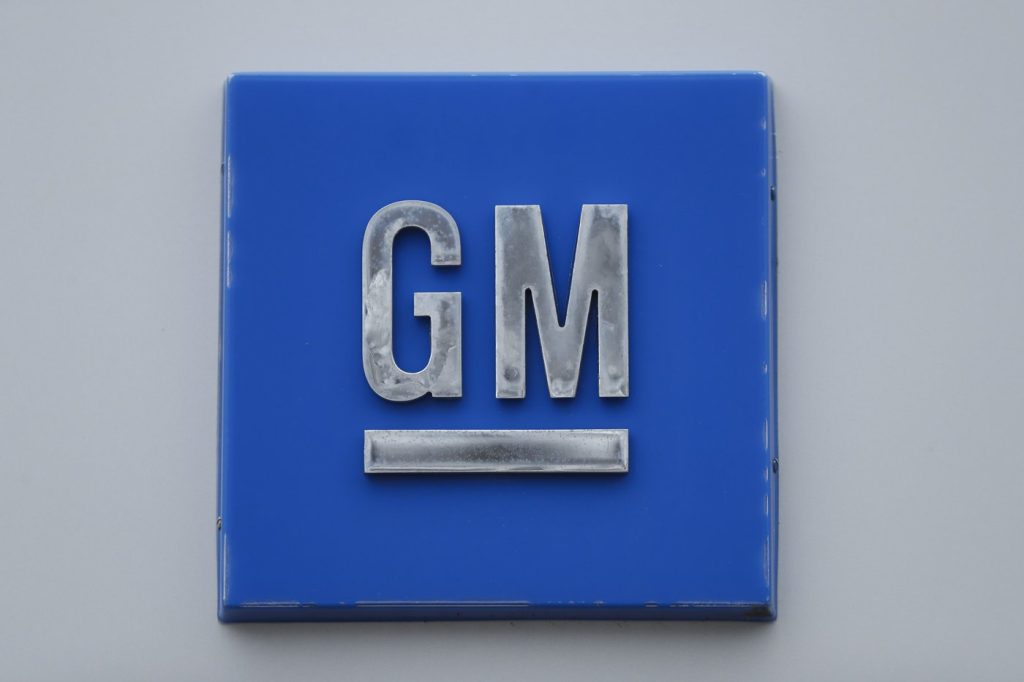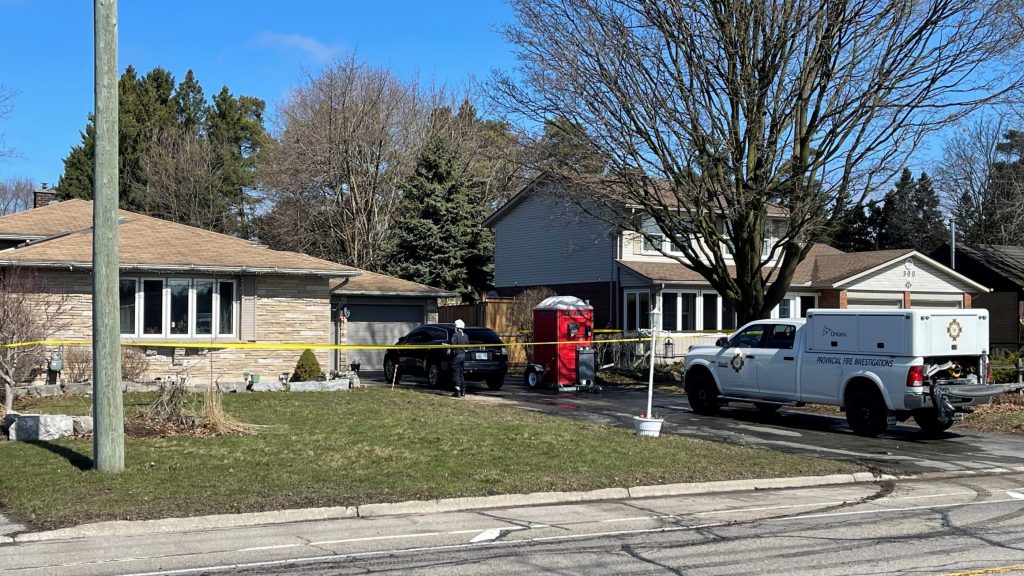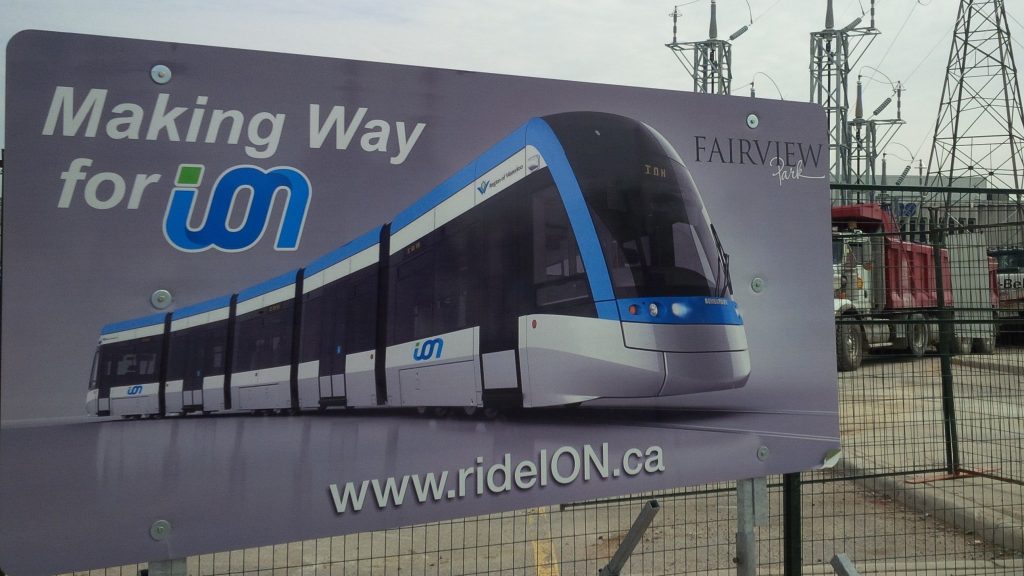‘The markets are tumbling’: Ontario unveils $11B aid package to shield workers, businesses from Trump tariffs

Posted Apr 7, 2025 08:17:15 AM.
Last Updated Apr 7, 2025 02:13:16 PM.
The Ontario government is offering around $11 billion in aid to support the province’s workers and businesses, helping shield the economy from uncertainty and the effects of U.S. tariffs imposed by President Donald Trump.
Provincial officials said they’re allowing companies to defer paying select administered taxes between April 1 and Oct. 1, and issuing a $2-billion rebate for safe employers through the Workplace Safety and Insurance Board (WSIB). The temporary pause comes after the $2-billion rebate was distributed earlier in the year.
During an unrelated event in Toronto on Monday, Premier Doug Ford called out U.S. President Donald Trump’s most recent tariff measures.
“Let’s hope that President Trump comes to some common sense here. The markets are tumbling again, consumer confidence is down, inflation is happening, investment is stalled,” Ford said.
“I’m thoroughly disappointed he’s taking this avenue, but the people will speak down in the U.S. The markets are speaking and hopefully he’s going to listen, and if not they’re going into a recession.”
The Ontario government also announced tax relief for businesses across its 10 business-related tax programs. These include the Employer Health Tax, Insurance Premium Tax, Gasoline and Fuel Taxes, Mining Tax, Tobacco Tax, International Fuel Tax Agreement, Beer, Wine and Spirits Tax, Retail Sales Tax on insurance contracts and benefit plans, and the Race Tracks Tax.
Last week, Trump went ahead with 25 per cent tariffs on automobile imports that started on April 3, which were added to existing 25 per cent tariffs on all steel and aluminum imports into the U.S., including from Canada. He also unveiled a 10 per cent baseline tariff on imports from most countries and a lengthy list of higher tariffs dozens of countries will face.
A White House fact sheet said goods imported under the CUSMA free-trade pact will not face tariffs, although imports that fall outside of it will be hit with 25 per cent levies.
Stellantis Windsor Assembly Plant shuts down for two weeks
Stellantis Windsor Assembly Plant announced it was shutting down for two weeks starting on Monday, leaving thousands of workers in an anxious state of limbo.
Stellantis recently paused the production of its next-generation electrified Jeep Compass SUV at its Brampton Assembly Plant, citing a need to reassess its product strategy.
“We can’t control President Trump, but we’re in full control of the kind of future we build for ourselves,” Ford added. “The best way to protect Ontario is to build the most competitive economy in the G7, breaking down internal trade barriers and diversifying our trade [to] build a more resilient, prosperous and secure province.”
Ontario’s premier touched on the threats to the local auto sector during a visit to Orillia, Ont. on April 4, where he provided an update on ongoing efforts to restore power to communities still affected by power outages following a devastating ice storm.
“We are going to be there to protect them,” he said of the auto workers.
Prime Minister Mark Carney has since hit back at Trump’s auto tariffs with matching levies on vehicles imported from the United States. Canada’s counter-tariffs impact all cars that do not comply with the Canada-U.S.-Mexico Agreement, along with any non-Canadian content in compliant vehicles.
Carney called Trump’s tariffs on Canada unjustified, unwarranted and misguided — and warned that the U.S. President’s overall campaign of trade hostility against countries worldwide would “rupture” the global economy.
Meanwhile, Ford said he spoke with company officials at Ford Canada and added he was told investments in the automaker’s Oakville, Ont., plant will continue.
With files from Michael Talbot and Nick Westoll








